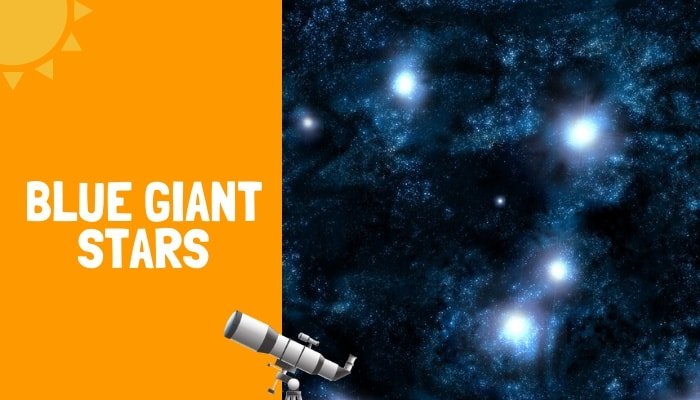Have you ever set up your telescope in clear blue sky’s ready for the stars to come out in there full glory? Then when the darkness arrives, so does the thick, dense clouds, and you are left disappointed?
In my early days of owning a telescope, this happened on more than once, and so I was on a mission. A mission to find the best astronomy water forecast website that would help me see if it was worth setting up.
We want a cloudless sky to get the most out of our night stargazing, and I found 4 weather forecasts that really help me.
AccuWeather
First up, we have AccuWeather, and this is the first set I visit to see how the conditions are going to be that night. The information is right on the toolbar. If you don’t see it press the little cog and find “Astronomy.”
There are different ranges from 1 to 10, with 1 being very poor stargazing conditions to 10 being excellent conditions for stargazing. If you click into the Astronomy section of the site, you can get the weather condition prediction for up to 12 days ahead.

I tend to stick to 3 days at a maximum for planning a stargazing session, as this seems to be more accurate.
Ok, so I like AccuWeather, but I don’t think relying on one weather forecast is clever. I want it confirmed by others. So I have a few more sites I check, and they also give a little more information that is useful.
Mete o Blue
Now, Meteoblue is a lot more in-depth than a simple indicator like AccuWeather. They give you five categories. Clouds, Seeing, Bad Layers, Ground and Celestial bodies, and to dig deep what each one means read here. https://content.meteoblue.com/nl/spatial-dimensions/air/astronomy-seeing
If you have never been interested in the weather, all the data may be a little overwhelming, but it’s well worth learning. This is a site that may become your number one resource of the weather.
I like the fact they give you two metrics on how the sky is going to be that night, and also you have the sunrise and sunset times. They even add the Moon Phase all on the one page.
You may know that looking for stars, and we want no moon in the sky with no clouds for best viewing unless, of course, you want to observe the moon.
An extra site for Moon Phases
If you want to observe the moon or want to see what phases it is so it doesn’t wash out your view; a great site is timeanddate. I like the fact everything is in one place, the moon tonight, and then the four different moon phases New Moon, First Quarter, Full Moon, and Third Quarter.
Clear Out Side
This is more of a visual aid, and I like to check this site to back up the other predations.
You get the full moon meridian details, all very visual for easy to understand and hover over for more in-depth information.
Then you get an even more visual display of the times of the day and whether or not it’s going to be clear. Green indicating clear skies again hover over for more in-depth detail.
A great site and one for anyone who prefers to get their information in a more visual way.
MetCheck
This was a new discovery for me. You can enter your location and hit go to get your astronomy weather prediction. Or, if you attend an astronomy club, you can use the dropdown to find your local astronomy club.
There are a lot more UK astronomy clubs listed, but if you don’t see your club listed, then there is an option to add it to the list from the dropdown list. They say they will add any club from anywhere in the world, so don’t forget to add your astronomy club.
Conclusion
That’s my list of the best astronomy weather forecasts that I use. I must add I very rarely get that disappointed of a cloudy night after setup if I dig a little on these sites.
It’s fair to say there not going to be 100% accurate all the time, but I have found them to be on most occasions.
I have always found that if AccuWeather is saying it’s going to be excellent conditions, then it usually will be. This is not to say it will be the same for you, and you may find one of the other sites is more accurate at predicting the weather in your location.
I really hope that this guide helps you find the best astronomy weather forecasts, and you get a lot less disappointing cloudy night next time you set up your Best Beginner telescope.



